Mantrap – Straw Dogs: The Final Cut (2003)
Genre : Documentary
Runtime : 52M
Director : Paul Joyce
Synopsis
Documentary about the making of Sam Peckinpah's 1971 film "Straw Dogs."

A documentary looking at the life and films of Francesco Rosi.
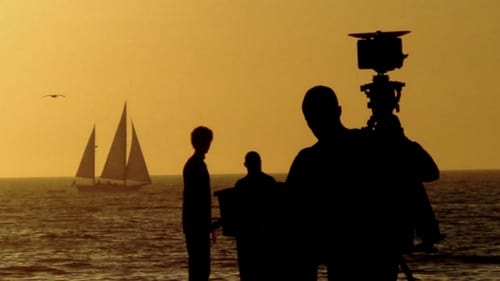
Tito del Amo, a passionate 72-year-old researcher, takes the final step to unravel the enigma about the alleged Spanish origin of the American cartoonist Walt Disney, making the same journey that his supposed mother made to give him up for adoption in Chicago. A journey that begins in Mojácar, Almería, Spain, and ends in New York. An exciting adventure, like Alicia's through the looking glass, to discover what is truth and what is not, with an unexpected result.

Documentary tracing the filmmaker’s work in Poland, from his days as a student through The Double Life of Véronique.

First time filmmaker follows his girlfriend and boss chase their dream as musicians. His insecurities flair while struggling to find a story, and begins challenging their flaws, on camera, jeopardizing the film, relationships and careers.

A film crew wants to make a serious drama, but the investors agree to fund the movie only if they make something funny. Hence the drama becomes a comedy with famous singer Đorđe Marjanović in star role.
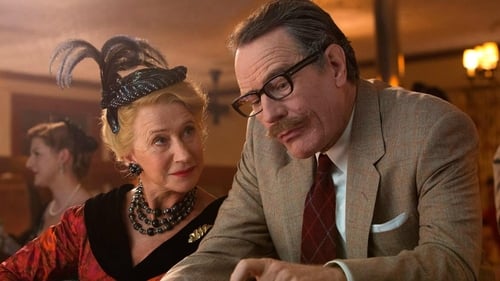
The career of screenwriter Dalton Trumbo is halted by a witch hunt in the late 1940s when he defies the anti-communist HUAC committee and is blacklisted.

The first part of this series by Norman McLaren deals only with tempo. It starts by showing the disc travelling in one move (1/24 of a second) from A to B, and progressively demonstrates slower and slower tempos.
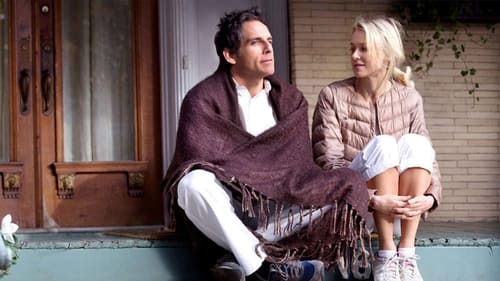
An uptight documentary filmmaker and his wife find their lives loosened up a bit after befriending a free-spirited younger couple.
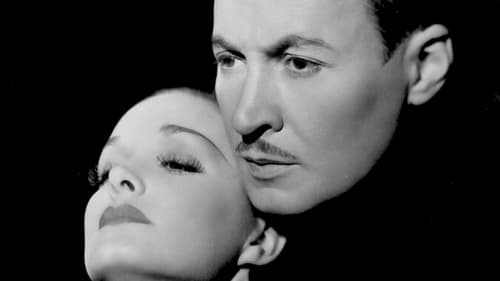
The star of "Song of the Toreador" receives threatening messages that he will not survive the preview screening of the film. The studio publicist works with the Director, the Producer and the police, to discover who is behind the threats.
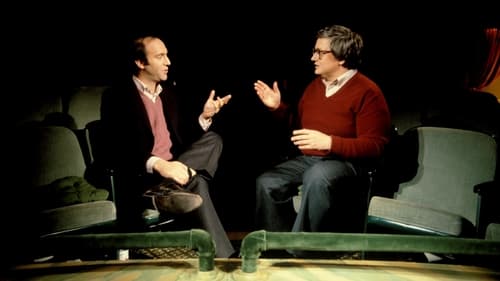
The surprising and entertaining life of renowned film critic and social commentator Roger Ebert (1942-2013): his early days as a freewheeling bachelor and Pulitzer Prize winner, his famously contentious partnership with Gene Siskel, his life-altering marriage, and his brave and transcendent battle with cancer.

A peculiar homage to the things that go wrong, this film is purportedly about rugby. The self-explanatory title for this jumpy “documentary” is less concerned with the filmed subject (the game, the field, the players) than a comic editing style and the complete acknowledgement given to the technical aspect of gathering and manipulating raw footage.

A documentary on Fellini’s lost alternate ending for 8½

Documentary about the legendary American film director from his introduction to the film industry in its early years to his death in 1959.
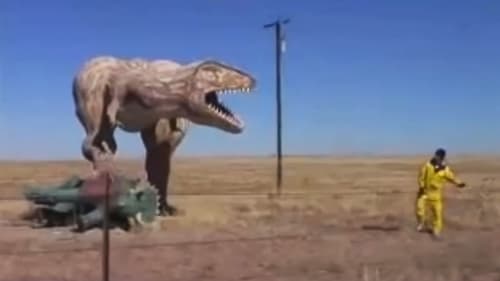
On August 15th, 2006, filmmaker Ryan Dacko set out to get a 30-minute meeting with a major Hollywood producer by running on foot from Syracuse, New York to Hollywood, California.

Documentary about the making of the 1983 thriller "Cujo"

Marco Valois wants to direct a serious movie inspired by the life of a soldier living with post-traumatic stress disorder. He soon realizes that the young soldier home from Afghanistan won't open up that easily. Marco, willing to do just about anything to get his story, follows Éric Lebel to his hometown.

A film director, in bad standing with his studio, tries to turn a local carnival dancer into a "French" movie star and pass her off as his big new discovery

A group of young men suggest to the local tinsmith to make a movie, but he agrees only if its director would be his cousin Šeki, a Red Star FC soccer legend. Šeki, though, thinks that the movie-making is the same thing as a soccer match, which causes many argues amongst the members of the film crew.
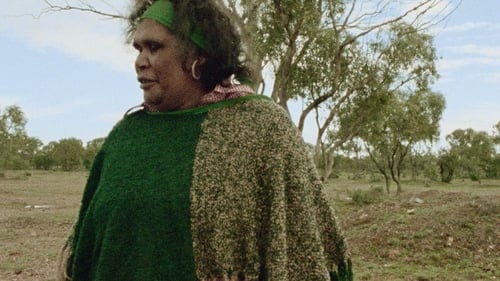
Essie Coffey gives the children lessons on Aboriginal culture. She speaks of the importance of teaching these kids about their traditions. Aboriginal kids are forgetting about their Aboriginal heritage because they are being taught white culture instead.
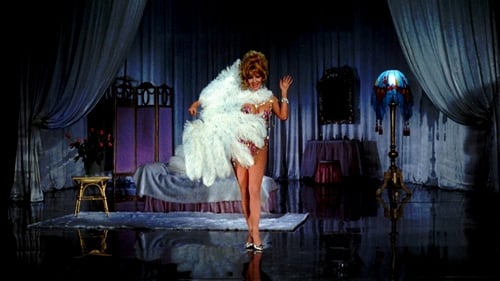
What was the role of women in Spanish cinema from the 1930s to the present explained through fragments of different films, both fiction and non-fiction. (Followed by “Manda huevos,” 2016.)















